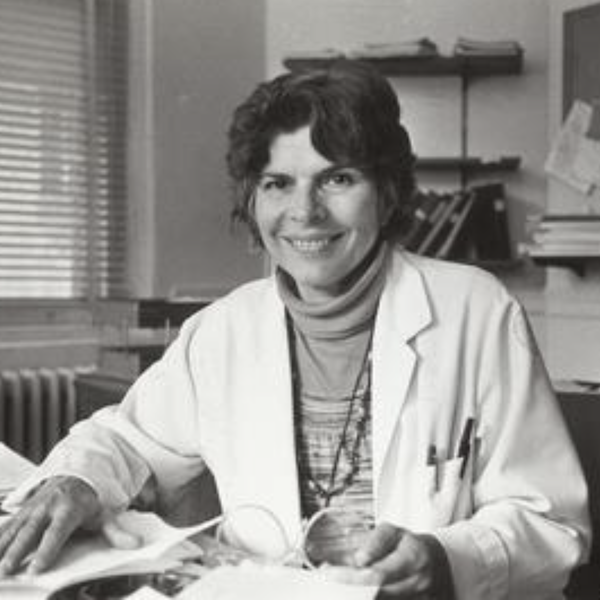By Lisa Nails and Leslie Pina | Patient Navigators
National Hispanic Heritage Month is observed from September 15 to October 15 by celebrating the histories, cultures, and contributions of American citizens whose ancestors came from Spain, Mexico, the Caribbean, and Central and South America.
The observation started in 1968 as Hispanic Heritage Week under President Lyndon Johnson and was expanded by President Ronald Reagan in 1988 to cover a 30-day period.
At first it may seem awkward this observation doesn’t follow a traditional calendar month but the dates make perfect sense! September 15 is set as the starting date for the month as it is important for many reasons. It is the independence anniversary for Latin American countries: El Salvador, Guatemala, Costa Rica, Nicaragua, and Honduras. From here onwards, the independence days of Mexico and Chile fall on September 16 and September 18, respectively. Dia de la Raza or Columbus Day also falls within this month on October 12.
NOAH is proud to recognize and celebrate the incredible contributions to medicine brought forth by Hispanic healthcare pioneers.
Fighting Sterilization Abuse

From caring for low-income children in the South Bronx in New York City to establishing appropriate treatment for HIV and/or AIDS patients in New York state and promoting women’s health around the world, Helen Rodríguez-Trías was an outspoken activist and pioneering public health leader.
In 1970, a decade after graduating from the University of Puerto Rico School of Medicine, Rodríguez-Trías began championing quality care and cultural awareness for minority populations at the Lincoln Hospital in the Bronx, where she became head of pediatrics.
One issue of great concern to her throughout the 1970s was government-led programs that coerced women, including minority women and those with physical disabilities, to undergo sterilization. Rodríguez-Trías went on to co-found the Campaign to End Sterilization Abuse, which led to strict federal guidelines for consent in 1979.
In the 1980s, she focused on helping mothers and children suffering from HIV and/or AIDS, heading the New York State Department of Health’s AIDS Institute. There, she helped establish standards of care that became a model for the whole country.
In 1993, Rodríguez-Trías became the first Latina to preside over the American Public Health Association, where she used her position to promote health equity and women’s rights.
Toward the end of her career, Rodríguez-Trías co-directed the Pacific Institute for Women’s Health, where she bolstered women’s health in Latin America, Africa, and elsewhere. Before her death, she articulated an intense wish: the global recognition “that no one is going to have quality of life unless we support everyone’s quality of life.”








